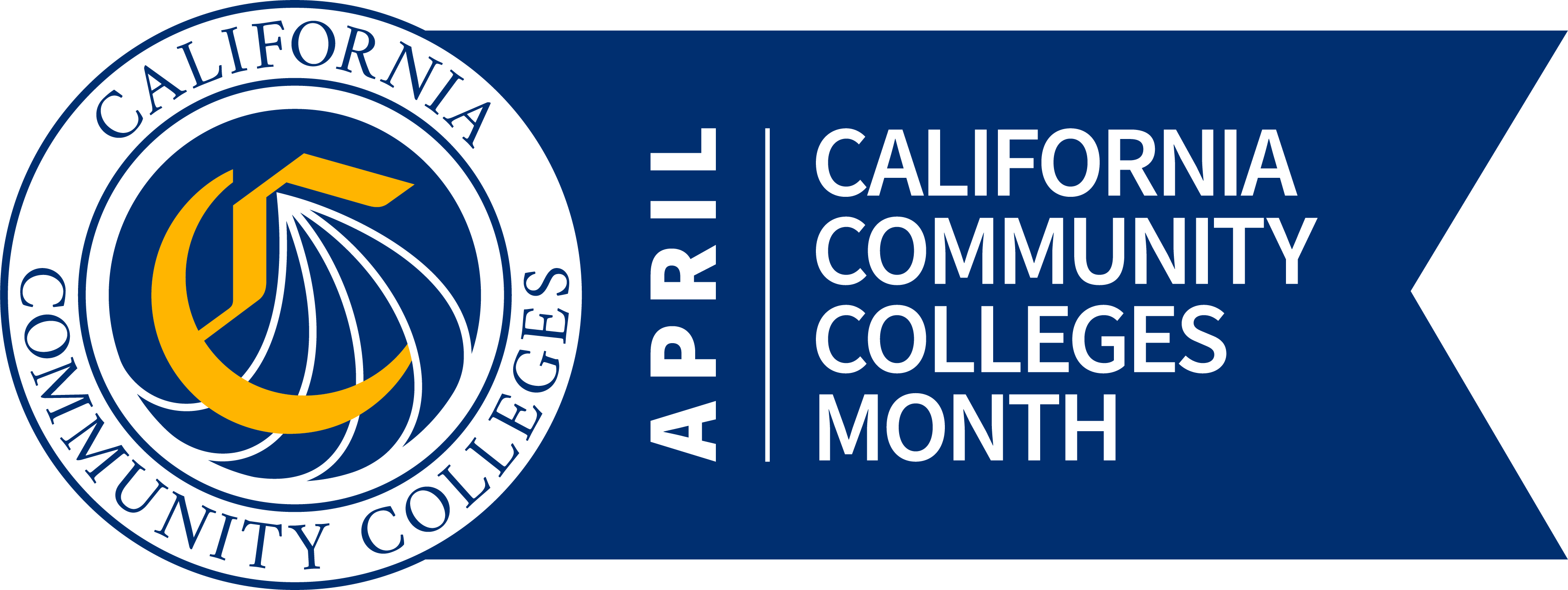As any California resident can attest, the state’s wildfires have grown larger, fiercer and more frequent, impacting the lives and livelihood of people across the state. California community colleges have stepped up to meet the challenge these fires present, training the workforce today that will be responsible for managing fires tomorrow.
“There are 40 programs in fire technology in California, and each is different,” explains Fire Academy Director Peter Cacossa of Fresno City College, which trains 60-70 firefighters in two annual cohorts. The students are first certified in EMT, a prerequisite for any firefighter, and are then prepared with the skills they need for employment as a firefighter. Ninety-five percent of students are hired after graduation, and their certification is transferable to any state. Those who go beyond the certificate program can earn an associate degree and then transfer to a four-year college or university.
"While the bread and butter of what we teach has remained the same over the years, the program has placed new focus on two key areas," says Cacossa.
“Firefighting is intensely stressful. You’re away from your family, you’re working in dangerous conditions, and you’re seeing things that most people don’t have to see—property destroyed, lives turned upside down, bodies pulled out of car wrecks." Consequently, the program has put a much stronger emphasis on mental health and self-care, incorporating yoga and buddy checks on mental health.
Cancer prevention is another important program focus. It used to be that fires meant burning wood; now, firefighters must deal with a toxic stew of chemicals, plastic, and other petroleum products, especially as fires move from wild lands into urban areas. The reality is that 70% of firefighters will develop some type of cancer within their lifetime, so focusing on cancer prevention is essential. Students learn that taking a shower after working, keeping their living space clean, changing clothes, and not taking gases and debris home are all important steps in cancer prevention.
Becoming Proactive Rather than Reactive
Farther north at Santa Rosa Junior College (SRJC), a new program in fire resiliency has taken shape. “Our emphasis is on fire prevention and resiliency. That is, the process of strengthening an ecosystem or inhabited area to make it less prone to catastrophic wildfire damage,” says Benjamin Goldstein, program dean.
Started with monies from a PG&E settlement related to the 2017 fires in wine country, the program infuses fire resiliency into three existing areas of study within the college: environmental horticulture, animal science, and natural resources.
“We take a three-pronged approach to training the workforce in wildfire resiliency,” explains faculty member Briana Boaz. “In the animal science program, for example, we teach prescribed grazing using goats. Goats and other animals are wonderful in that they eat a lot of the fine fuels—the really dry, dead grasses that are incredibly flammable. Removing these fine fuels in pastures and forests will keep a fire from spreading so rapidly.”
After a fire, the first vegetation to grow back is often an invasive species, and much of that is flammable. In the horticulture program, students learn which native species not only thrive in that habitat, but are fire resistant as well. Those interested in landscaping review defensive landscape design such as removing overgrown vegetation, planting drought-tolerant and fire-resistant plants, and creating fire-resistant zones with patios and walkways.
The school’s Shone Farm is a unique, 360-acre learning laboratory, incorporating 120 acres of forest and 60 of pastureland. Here, students practice the skills they learned in class regarding animal husbandry, grazing, landscape design, and land management. “Ten student interns are currently preparing for a prescribed burn on a couple of acres,” says Boaz. “They’re removing fuel, constructing burn piles, and creating the fuel breaks that will make it easier to manage the fire.”
The school has partnerships with agencies throughout Sonoma County so students can practice skills and network while doing paid internships. “Our job is to train a workforce that is responsive to a changing job market, and at Shone Farm our students practice the hands-on skills that ensure they’re job-ready,” says Goldstein. “Wildfire mitigation is both a challenge and an opportunity, and we look forward to collaborating with other community colleges across the state who have an interest in starting a program like this. We need to develop a community of practice.”

